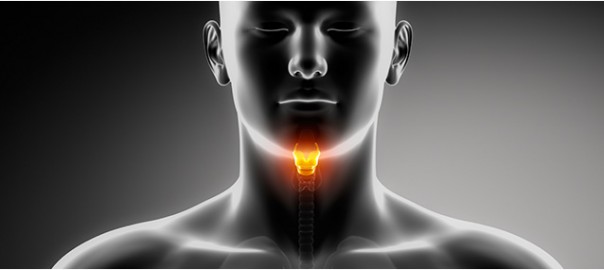When one of the vocal cords is no longer working the vocal cords often don’t come together properly. This will leave a gap that creates a breathy, weak voice that fatigues easily. It can make you feel short of breath and will lead to a weak cough which can also result in pneumonia. Aspiration, or choking on liquids, can often occur as well in some cases.
The first thing to determine in your consultation will be to find the reason why only one of your vocal cords are functioning. This can be from injuries to the nerves that innervate the muscles which move the vocal cords in the neck or the chest. Benign and malignant growths can also cause pressure on the nerves leading to lack of normal function. Sometimes the nerve just stops working and no reason is found, which is called idiopathic vocal cord paralysis.
In many cases the voice will correct on its own after several months and no treatment is needed. If you are choking on liquids and have a weak cough which does not improve with conservative treatment you should have treatment to correct this to prevent pneumonia and recurrent infection.
Treatment:
Vocal cord augmentation with Radiesse Voice if a good choice for a temporary paralysis or to use while waiting for the vocal cord to correct its position on its own. Dr. Robichaud generally does this under general anaesthetic as an outpatient procedure. It takes very little time with minimal discomfort. Most patients notice immediate improvement and can be back to normal activities by the next day. The filler is injected to move the vocal cord over to the midline and augment its volume which will decrease as the normal muscles shrink from loss of innervation.
Vocal cord Medialization is done under local anaesthetic and is for permanent paralysis where a reversible but long term result is needed. In this procedure , a small silastic implant is placed through an external approach to move the vocal cord over to the midline to contact the other vocal cord more effectively improving the voice, cough and preventing aspiration , or choking, on liquids.
Dr. Robichaud will discuss which option is best for your situation , and arrange for one of these procedures, if indicated after a full head and neck exam and video endoscopy which will be reviewed with you during the consultation. If needed, further investigations such as aCATscan of the neck and chest may be arranged to make sure there are no neck or lung masses causing the loss of vocal function.



